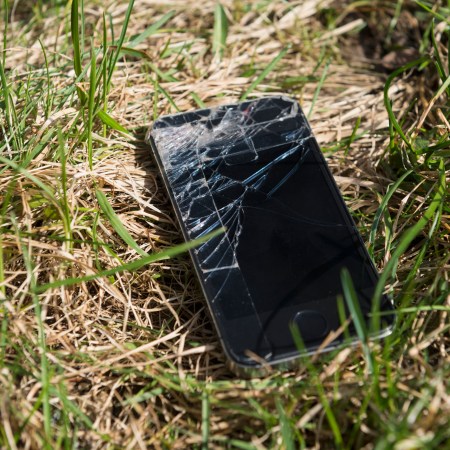There’s something unexpected happening with iPhones that have the latest version of iOS 18.1. Specifically, law enforcement and tech journalists have reported that iPhones, when left unattended for long enough, are automatically rebooting themselves. As 404 Media’s Joseph Cox reported last week, this first got the attention of police and others working in law enforcement, as rebooting the phones made it harder for them to access the phones’ contents.
What was responsible for this behavior? As Cox subsequently wrote, experts discovered updated code in the phones’ operating system that monitored how long an iPhone had been inactive, and would alter the state of the phone accordingly. The process involved taking an iPhone from a state designated as AFU to a state designated as BFU.
If those two acronyms don’t ring a bell, there’s a good overview of both to be found here. The short version is that BFU and AFU stand for “Before First Unlock” and “After First Unlock,” respectively, with certain features disabled until a user successfully logs in when a phone is in BFU mode.
In response to Cox’s first article on the subject, security researcher Jiska Classen found evidence of the operating system being changed. “Apple indeed added a feature called ‘inactivity reboot’”‘ in iOS 18.1,” Classen wrote. “This is implemented in keybagd and the AppleSEPKeyStore kernel extension. It seems to have nothing to do with phone/wireless network state.”
Does Apple Really Need a Foldable iPhone?
The company is apparently working on a couple prototypesAs for why this feature was implemented, that’s less clear — Apple did not respond to 404 Media’s requests for comment. Cox cites experts who pointed out that, while this feature might frustrate law enforcement, the larger issue the update addresses might have more to do with protecting the information on iPhones that have been stolen.
This article was featured in the InsideHook newsletter. Sign up now.



















